Changes for page 4.2 Battery
Last modified by Admin on 2025/06/19 11:13
Summary
-
Page properties (1 modified, 0 added, 0 removed)
Details
- Page properties
-
- Content
-
... ... @@ -65,61 +65,15 @@ 65 65 * Discharge current limit – maximum allowed discharge current of the battery, A; 66 66 * High voltage 1 – voltage before the contactors, V; 67 67 * High voltage 2 – voltage after the contactors, V; 68 -* Work charge+ -amount of charge received from charger (positive direction) since device startup, Ah;69 -* Work charge- -amount of charge transmitted to the load (negative direction) since device startup, Ah;70 -* Work energy+ -amount of energy received from charger (positive direction) since device startup, Wh;71 -* Work energy- -amount of energy transmitted to the load (negative direction) since device startup, Wh;72 -* Work energy regen -amount of regererated energy (positive direction) since device startup, Wh;73 -* Total energy+ -total energy received by the battery modules from the charger, Wh;74 -* Total energy- -total energy spent by the battery modules on the load, Wh;75 -* Total energy regen -total energy received by the battery modules during recuperation, Wh;68 +* Work charge+ – amount of charge received from charger (positive direction) since device startup, Ah; 69 +* Work charge- – amount of charge transmitted to the load (negative direction) since device startup, Ah; 70 +* Work energy+ – amount of energy received from charger (positive direction) since device startup, Wh; 71 +* Work energy- – amount of energy transmitted to the load (negative direction) since device startup, Wh; 72 +* Work energy regen – amount of regererated energy (positive direction) since device startup, Wh; 73 +* Total energy+ – total energy received by the battery modules from the charger, Wh; 74 +* Total energy- – total energy spent by the battery modules on the load, Wh; 75 +* Total energy regen – total energy received by the battery modules during recuperation, Wh; 76 76 * Total balanced energy – total energy dissipated by the battery modules on balancing resistors, Wh; 77 77 * Input signals – a bitfield including input signals (see [[Input signals>>doc:Battery management systems.Additional information.1\. Battery controllers\: signals and errors.WebHome||anchor="HInputsignals"]]); 78 -* Internal signals – device internal signals: 79 -* Errors 1 – errors of the battery 1: 80 -** Overcurrent; 81 -** Undervoltage; 82 -** Overvoltage; 83 -** Low temperature (DCH) – temperature is too low for discharging; 84 -** High temperature (DCH) – temperature is too high for discharging; 85 -** Battery cover error – battery cover is open; 86 -** High humidity – humidity of the battery is increased; 87 -** Water – there is water in the battery enclosure; 88 -** High Logic temperature – at least one of the Logic devices is overheated; 89 -** Logic offline – at least one of the Logic devices is offline; 90 -** Critical error; 91 -** Crown error – connection with a Crown forklift is lost; 92 -** Cell count error – number of cells does not match the specified value; 93 -** HYG offline – connection with a HYG forklift is lost; 94 -** Need acknowledge – there is an unacknowledged error in Error journal; 95 -** Combilift offline – connection with a Combilift forklift is lost; 96 -** Short circuit; 97 -** High contactor temperature; 98 -** ADC error – current cannot be measured; 99 -** Current sensor error – error in the current sensor circuit; 100 -** CH contactor cycles error – switching frequency of the charging contactor is too high; 101 -** DCH contactor cycles error – switching frequency of the discharging contactor is too high; 102 -** Shunt offline – connection with the shunt current sensor is lost; 103 -** Shunt error – internal error of the shunt current sensor; 104 -** WDT reset – watchdog timer reset the device; 105 -** No temperature sensors – the device has no temperature sensors connected; 106 -** Temperature sensor is shorted – some temperature sensors are shorted; 107 -** Spirit offline – connection with a Spirit forklift is lost; 108 -* Errors 2 – errors of the battery 2: 109 -** Low temperature (CH) – temperature is too low for charging; 110 -** High temperature (CH) – temperature is too high for charging; 111 -** Unallowable charging – charging the battery through the discharging contactor; 112 -** Stuck contactor; 113 -** CH contactor feedback error – the control signals for the charging contactor and the contactor feedback differ; 114 -** DCH contactor feedback error – the control signals for the discharging contactor and the contactor feedback differ; 115 -** Insulation fault; 116 -** PCH contactor feedback error – the control signals for the precharging contactor and the contactor feedback differ; 117 -** CH/DCH contactor feedback error – the control signals for the charging/discharging contactor and the contactor feedback differ; 118 -** Main contactor feedback error – the control signals for the main contactor and the contactor feedback differ; 119 -** General error; 120 -** High voltage fault – failure of high voltage measuring circuits; 121 -** Power switch error – short circuit in contactor coil control circuit or power switch overheating; 122 -** HVIL error – breakage of high-voltage interlock current loop; 123 -** Precharge error – capacitive load pre-charge process did not end during the estimated time; 124 -** Power fault – external devices power supply error: current sensors, HVIL, BMS Logic or CAN2 (int) bus powered devices; 125 -** Current limit error – charging or discharging current is more than limit calculated by Charge map or Discharge map. 78 +* Internal signals – a bitfield including device internal signals (see [[Internal signals>>doc:Battery management systems.Additional information.1\. Battery controllers\: signals and errors.WebHome||anchor="HInternalsignals"]]); 79 +* Errors 1, 2 – errors of the battery (see see [[Errors>>doc:Battery management systems.Additional information.1\. Battery controllers\: signals and errors.WebHome||anchor="HErrors"]]).
